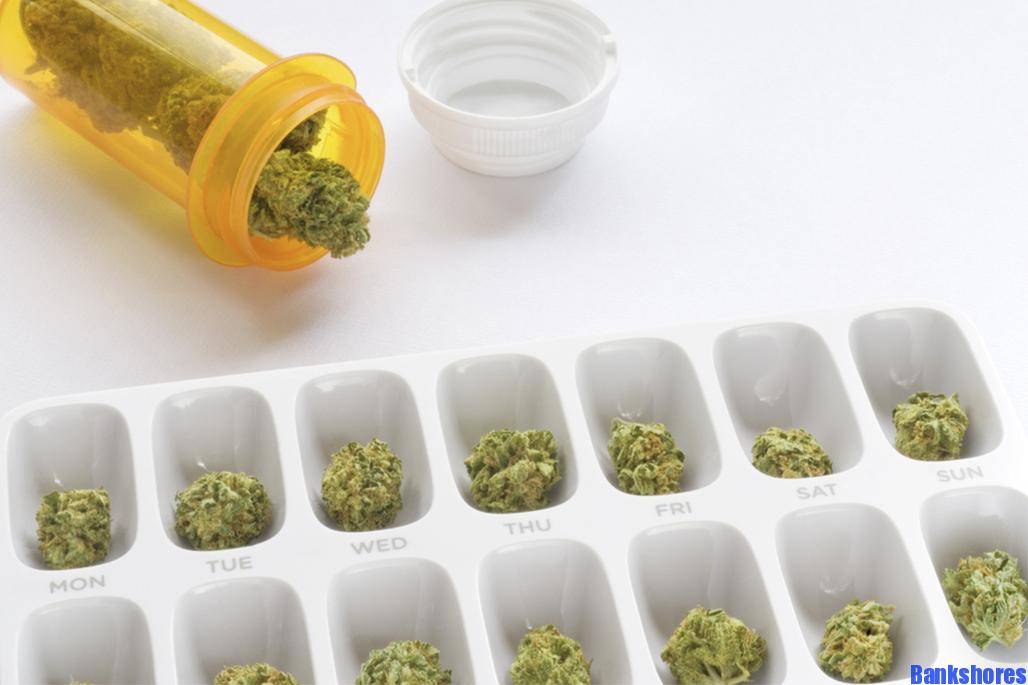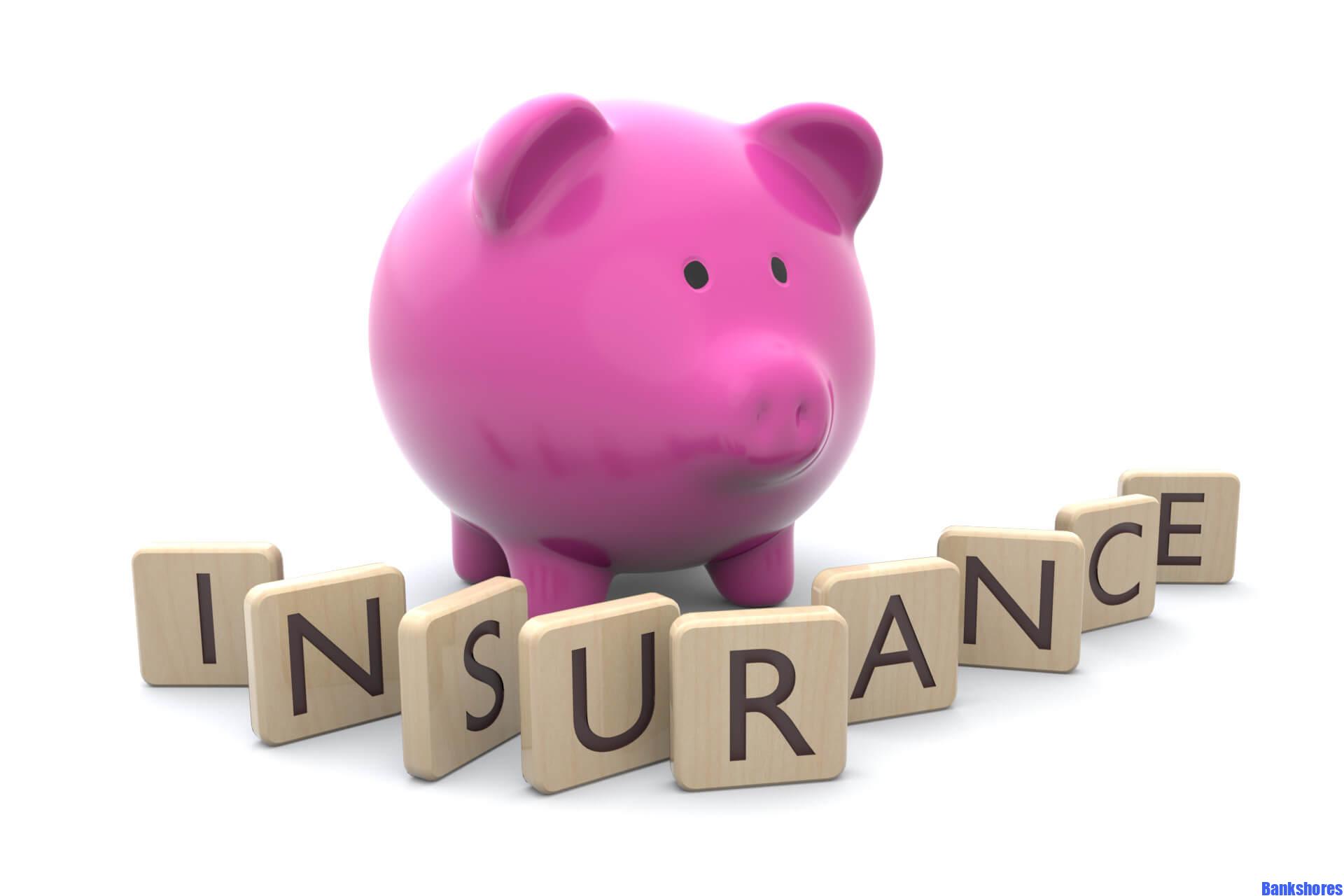Does Having A Medical Card Affect Your Health Insurance? Medical cards are used to acquire discounted prices for prescription and over-the-counter medications. Read on if you’re considering getting a special medical marijuana card, or if you already have one and want to know how it will influence your finances. We’ll go over everything you need to know about medical marijuana cards and how they could affect your life.
What It Means to Get A Medical Card?
For many patients suffering from severe chronic conditions, obtaining a medical marijuana license is a life-changing experience. The state-issued card makes it incredibly simple for people to access this life-saving medication. What happens when you receive a medical card is determined by the state you live in and how you intend to use it. There are benefits and drawbacks to holding a medicinal marijuana card.
Benefits Of Having A Medical Marijuana Card
Marijuana has been demonstrated to benefit persons with seizures, muscle stiffness, nausea, vomiting, and disorders such as epilepsy and Alzheimer’s disease. So when discussing Does Having A Medical Card Affect Your Health Insurance? you need to talk about the benefits as well. The following are some of the advantages of having a medical card:
Legal Protection: In states that have authorized marijuana usage for medicinal purposes only, a medical card can protect you from fines and possibly jail time. Marijuana possession is a federal violation, and if you get into an accident while taking medication, you could be punished with driving under the influence. If you have a medical card, you can get your felony reduced to a misdemeanor.
Subsidized cost: Medical marijuana and recreational marijuana are offered at various prices in each state, with recreational marijuana being more expensive than medicinal marijuana. Having a medical card can help you save a lot of money on medicine purchases. For example, the medicine Epidiolex, which is derived from the marijuana plant, can cost an average patient $2500 each month. You can get it for a significantly lesser price if you have a medical card.
Increased Potency and Limitations: States that have legalized marijuana have set varying recreational and medical marijuana potency limits. You can receive tablets and oils with a greater dose of the most prevalent active ingredient in medical marijuana, delta-9-tetrahydrocannabinol, or THC, if you have a medical card. This implies you can save money by receiving the same amount of dosage more concentrated in fewer pills rather than buying more pills to make up for your required dosage. With a card, you can also buy bigger amounts for medicinal purposes than you can for recreational use.
Possession Limits: If you have a medical marijuana card, you can legally possess a greater amount of the substance than if you were solely using it for recreational purposes. Medical cardholders in California, for example, can have up to 8 ounces of the medicine on them at any time. Recreational users are only allowed to carry 1 ounce on them at any time, so if they are arrested with the same quantity, they could face serious criminal penalties.
Increased Age Limits: In areas where the substance is legal for both recreational and medical use, the minimum age to obtain a card is 21 years old. States that allow only certified medicinal use of the substance, on the other hand, enable cardholders to be as young as 18.
Increased Plant Growing Limit: Some states that have legalized marijuana use have also permitted the conditional growth and production of marijuana by certified users. In California, for example, a recreational user can grow up to 6 plants at their home, whereas a medicinal cardholder can grow up to 99 plants in the same state.
While medical cardholders benefit from numerous advantages, there are also drawbacks to possessing a medical card.
Why You Should Not Get A Medical Card
As we looked into the benefits of the card while discussing Does Having A Medical Card Affect Your Health Insurance? we also need to discuss the disadvantages. Some of the benefits that might normally be available to medical marijuana users may be difficult to obtain. The following are some of the disadvantages of having a medical card:
Firearm prohibitions: Medical marijuana users are prohibited from possessing weapons under federal law. Because of their medical ailments, the Bureau of Alcohol, Tobacco, Weapons, and Explosives (ATF) has concluded that those with diseases that need them to consume cannabis are unable to own firearms. Some states, such as Pennsylvania, do not make its medical cards register available to law enforcement agencies in the state. As a result, you might look into your state’s regulations to see if you can get around them by responsibly owning a firearm, albeit you should avoid doing so because it will not be considered lawful!
Job Losses: Marijuana remains banned on the federal level. This means that even if you have a valid medical card, employers may find it difficult to hire you. Medical marijuana users are subject to a zero-tolerance policy in government offices, and a positive test will almost certainly result in job termination. Employees view marijuana users as a potential threat to the organisation.
Declined Drivers licence: Marijuana users are prohibited from obtaining a commercial driver’s licence by the Department of Transportation. You will not be awarded a driver’s licence even if you have a medical card. This is to prevent collisions caused by drivers who have major medical issues.
Problems for Students: Because medicinal marijuana is illegal on the federal level, many schools refuse to administer it to students on school grounds, even if they have a medical card. A student may be required to administer medicine outside of school and then return once the substance has passed through their system. This is nearly impossible due to the fact that marijuana might take many days to completely leave the body.
Can Having A Medical Card Affect Your Job?
Having a medical card may have an impact on your career, but it also depends on the state in where you work. Employees who consume marijuana when they are not at work and according to a doctor’s prescription may be protected in several states. Employees in other states have a hard time hiring people who use marijuana, even medicinally.
Because of their medical issues and drug usage, these people may be held more accountable for causing accidents. This could lead to the settlement of employee claims and the filing of lawsuits. As a result, most employees may not feel legally obligated under state rules to fire someone who is abusing a federally prohibited substance.
Does Having A Medical Card Affect Your Health Insurance?
Does Having A Medical Card Affect Your Health Insurance? The simple answer to that question is No, your health insurance is unaffected by holding a medical card. As a result, possessing a medical card has no bearing on your health insurance. Keep in mind that FDA-approved medications are usually covered by medical insurance.
Smoking status is one of the most important aspects of health insurance. In some states, the Affordable Care Act allows smokers to pay up to 50% more for health insurance. The insurance company will inquire as to how often and how you need to take marijuana for your ailment.
You will be classified as a non-smoker and receive standard health insurance rates if you qualify as an occasional user of marijuana. From one insurance provider to the next, the criteria for determining what constitutes “occasional use” varied. You may also be eligible for FDA-approved marijuana medications if you live in specific carriers and states.
Does Having A Medical Card Affect Your Life Insurance?
Having a medical card has no bearing on your ability to obtain life insurance. This is due to the fact that a medical card allows you to use marijuana for medicinal purposes, which is still prohibited in many states. As a result, whether you use marijuana recreationally or medicinally is rarely an issue for insurance carriers.
In fact, the corporation may investigate your underlying medical condition as a result of your medicinal marijuana use. If you use marijuana to treat a more serious ailment like epilepsy, your life insurance rate will go up. If it’s for occasional insomnia, on the other hand, the life insurance carrier will be less concerned and will offer you better prices. The more serious the underlying ailment, the bigger the risk and, thus, the higher the life insurance price.
Does Medicaid Pay For Medical Marijuana?
Medicaid and Medicare are governed by government regulations. As a result, neither Medicaid nor Medicare will cover medical marijuana because it is still illegal under federal law. However, Medicare Parts C and D, which give additional coverage for things like vision care, dental care, and some prescription prescriptions, can be utilised to acquire coverage for FDA-approved cannabis treatments (FDA). Dronabinol (Marinol, Syndros) and Epidiolex are the only two such drugs available. Check with your insurance company to see which prescriptions are covered under your policy.
Summary
Key facts on the question, Does Having A Medical Card Affect Your Health Insurance?
- At the federal level, marijuana is still classed as a Schedule 1 substance.
In 36 states and four territories, medical marijuana is legal. - Medical marijuana is legal in 36 states and four territories.
- Marijuana use has little effect on health insurance prices, although it is rarely covered.
- Medical marijuana users are likely to pay more for life insurance.
- If you’re involved in a stop or collision and are judged to be impaired, medical marijuana could effect your vehicle insurance rates.
A medical card might have an impact on your life insurance, as well as your work and other insurances. State laws are being updated and developing to include more people who rely on this medicine to live healthy and happy lives. Check your state legislation to learn how having a medical card may affect your life if you require it for diseases that cannot be treated with traditional drugs.






